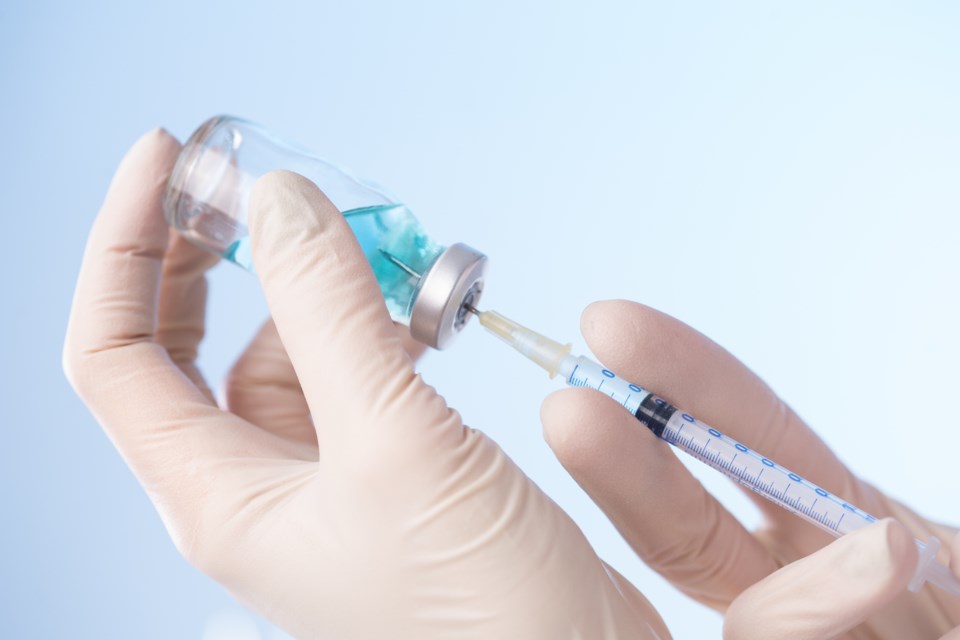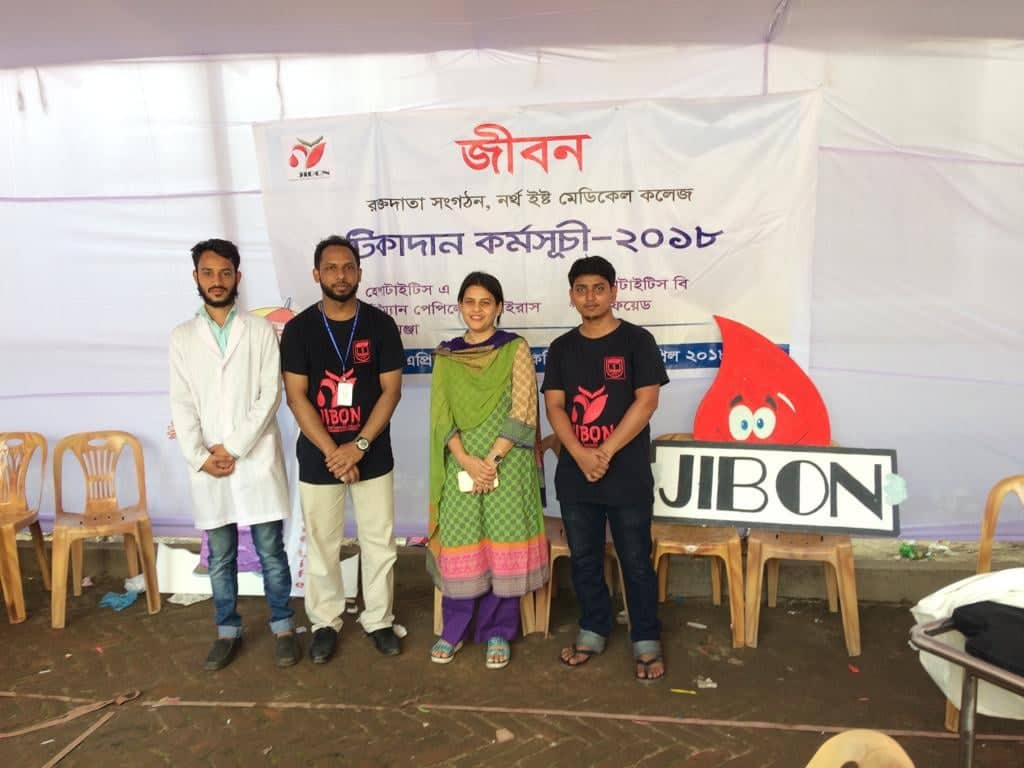The invention of vaccines has changed the world. It has reduced the number of infectious diseases that can be spread. Vaccination is the introduction of pathogenic antigens to stimulate the body’s immune system to produce antibodies against this pathogen. This helps the body to cope better with future infections caused by the same pathogen. Vaccination is used to prevent many infections that are deadly. Vaccination has helped to eradicate some of the deadliest infections such as smallpox.

Vaccination is an important measure to prevent communicable diseases for all people and is particularly important for health care personnel. Providers working closely with patients are at a higher risk for exposure to infections, and vaccination helps to protect these professionals. Reducing illness is important for each employee’s personal well-being and ensures his or her ability to perform the critical job functions of caring for patients. Vaccination is also important to prevent the spread of disease from health care personnel to patients, many of whom may be highly susceptible to infections and related complications.

World Health Organization and Centers for Disease Control and Prevention recommend all health professionals to get vaccinated against hepatitis B virus before they start the clinical attachments during their stay in the medical school. However, only 18–39% of healthcare workers in low- and middle-income countries received the vaccine. Therefore, meticulous measures should be taken to ensure vaccination of health care workers especially doctors, nurses, medical students, lab technicians, etc.

Jibon is proud to host a vaccination program that not only covers Hepatitis B but also other prevalent diseases like Hepatitis A, Typhoid & Influenza. To receive vaccination with us one need to register with us and we will arrange a vaccination event once we acquire enough recipients.
Yes, the hepatitis B vaccine is very safe and effective. In fact, it is the first “anti-cancer vaccine” because it can protect you from hepatitis B, which is the cause of 80% of all liver cancer in the world. It only takes 4 shots to protect yourself and those you love against hepatitis B for a lifetime.
No. You cannot get hepatitis B from the vaccine because it does not contain any live virus or blood products. The vaccine is made from a synthetic yeast product in a laboratory. The most common side effects are redness and soreness in the arm where the shot is given.
After negative screening 1st dose of the hepatitis B vaccine is given at any time. The 2nd & 3rd dose is carried out in the subsequent 2 months. The booster dose is given after 1 year of 1st dose.
No, there is no need to restart the series. If the series is interrupted after the first dose, the second dose should be given as soon as possible, and the third dose at least 2 months after the second. If only the third dose is delayed, it should be given as soon as possible.
If it has been years since you have been vaccinated, you may need or may request an HBV surface antibody blood test to confirm that you are still protected. A person is considered protected if they have a positive anti-HBs or HBsAb test result greater than 10 mIU/mL. Sometimes these test results are under 10 and there is concern whether these low levels will still provide protection against HBV. Anti-HBs or HBsAb test results can decrease over time, but an individual can still be protected even if the test results are less than 10.
If your test results are low, your doctor may recommend a booster shot or a repeat of the series. If you confirm you completed the vaccine series, you can get a booster dose of the vaccine. Your surface antibody level will be tested again 1 or 2 months after the booster. If the blood test result is greater than 10, then you are protected and will not require an additional booster shot in the future. (Ongoing studies show continued immunity for 30 years) If a booster shot does not result in a level greater than 10, then complete the remaining two doses of the vaccine series and recheck the levels again after 1-2 months. Retain a copy of the titer test as proof of immunity.
People who have a current infection or have recovered from a past infection receive no benefit from the HBV vaccine series, though there is no risk of receiving the vaccine series.
The hepatitis A vaccine is safe and effective and given as 2 shots, 6 months apart. Both shots are needed for long-term protection.
Yes, the hepatitis A vaccine is safe. No serious side effects have been reported from the hepatitis A vaccine. Soreness at the injection site is the most common side effect reported. As with any medicine, there is always a small risk that a serious problem could occur after someone gets the vaccine. However, the potential risks associated with hepatitis A are much greater than the potential risks associated with the hepatitis A vaccine. Since the licensure of the first hepatitis A vaccine in 1995, millions of doses of hepatitis A vaccine have been given worldwide.
If the second dose has been delayed (more than 6 months since the first dose was given), the second, or last dose, should be given as soon as possible. The first dose does not need to be given again.
If you are determined to have the hepatitis A virus, there is no treatment, and no vaccine is needed as the disease provides lifetime immunity.
Yes, you should still be protected and there is no need for a booster.
It is given intramuscularly as a single dose.
It is given intramuscularly as a single dose.